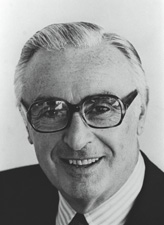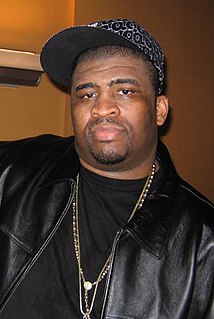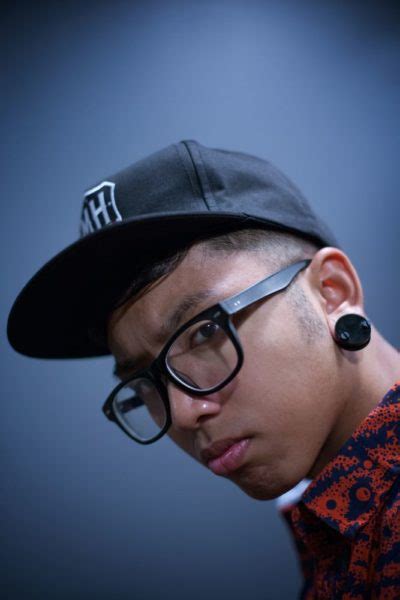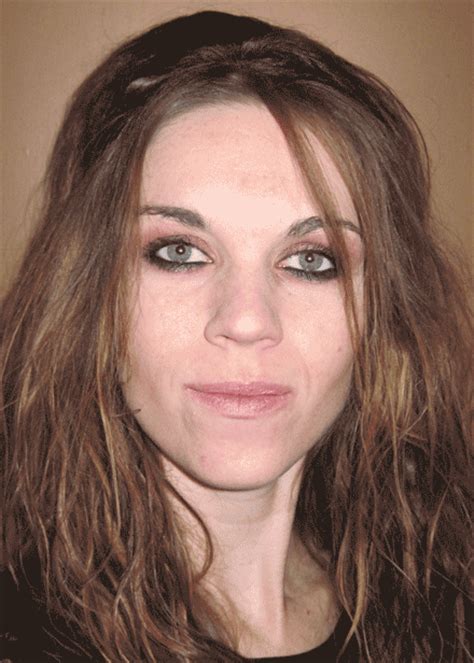A Quote by Benjamin Clementine
I'm a very honest person, and I'm quite emotional for a man. If I want to say something, I'll say it.
Related Quotes
I've never been that person to fake it, and say what everyone else wants you to say. Then you never have anything personal. If I wanted to be an actress all the time, I could do that. But I don't. I want to be real. I want to be a real person. That's what an artist is. An artist has to be honest. Without honesty, there's nothing.
You read something and you know it's not there yet. There's a little section here that... this part's good but that is a little not, it doesn't quite work. That doesn't quite work. That's easy. To say, "OK, now, this is what I think will fix it." That's harder. And most people can tell you what's wrong with something. Very few people can say what they would do to fix it.
When I started out as an actor, I thought, Here's what I have to say; how shall I say it? I began to understand that what I do in the scene is not as important as what happens between me and the other person. And listening is what lets it happen. It's almost always the other person who causes you to say what you say next. You don't have to figure out how you'll say it. You have to listen so simply, so innocently, that the other person brings about a change in you that makes you say it and informs the way you say it.








































